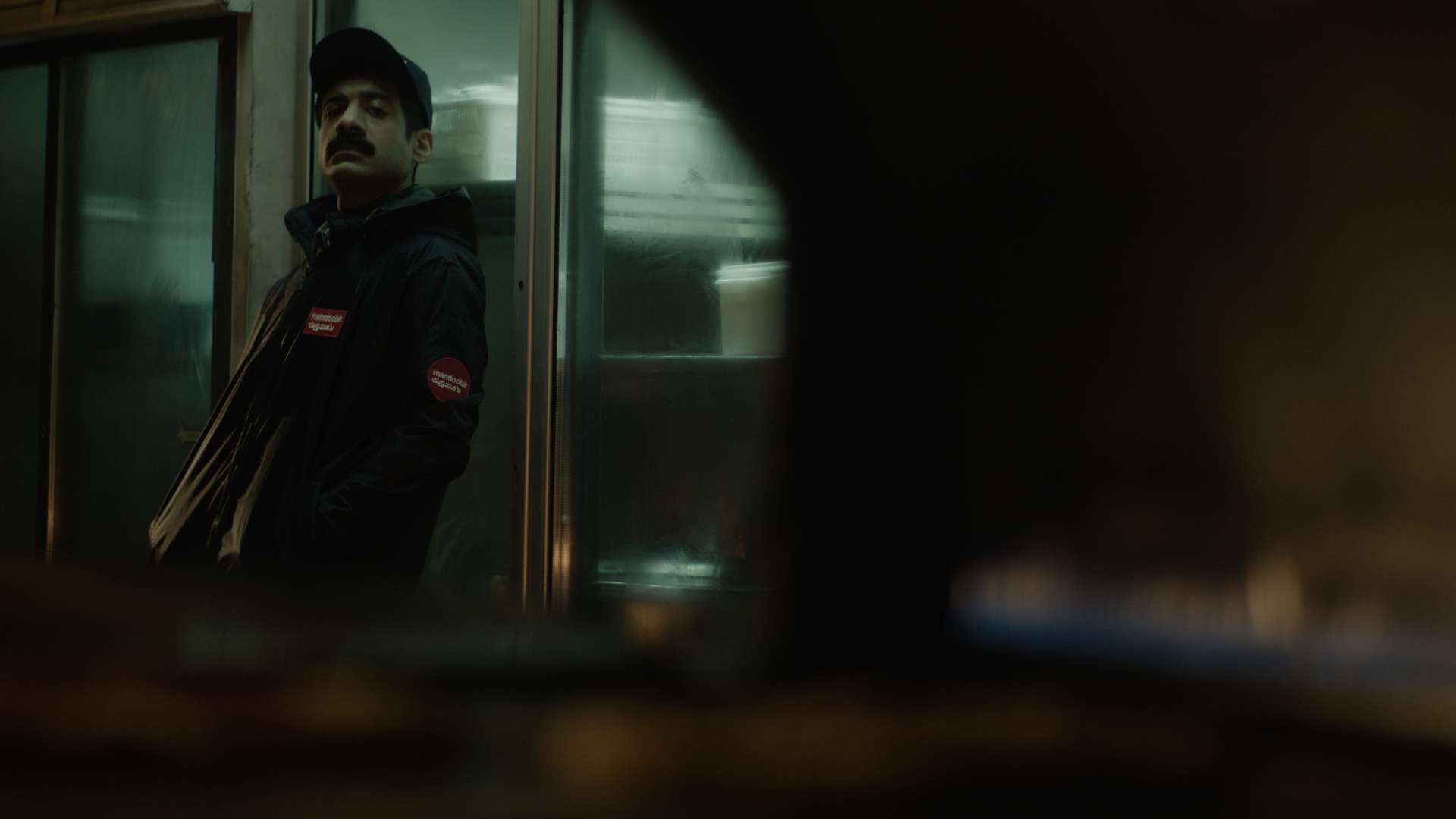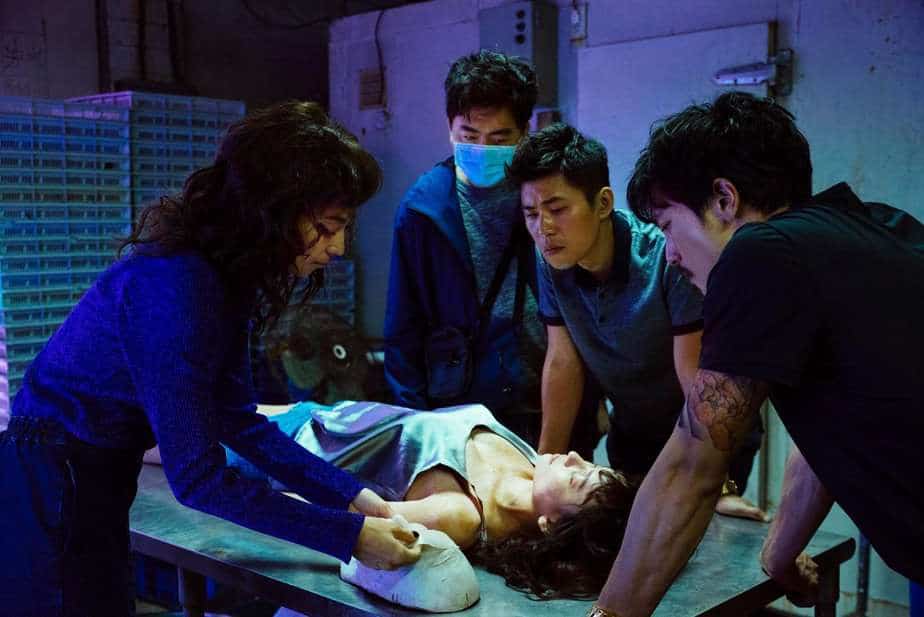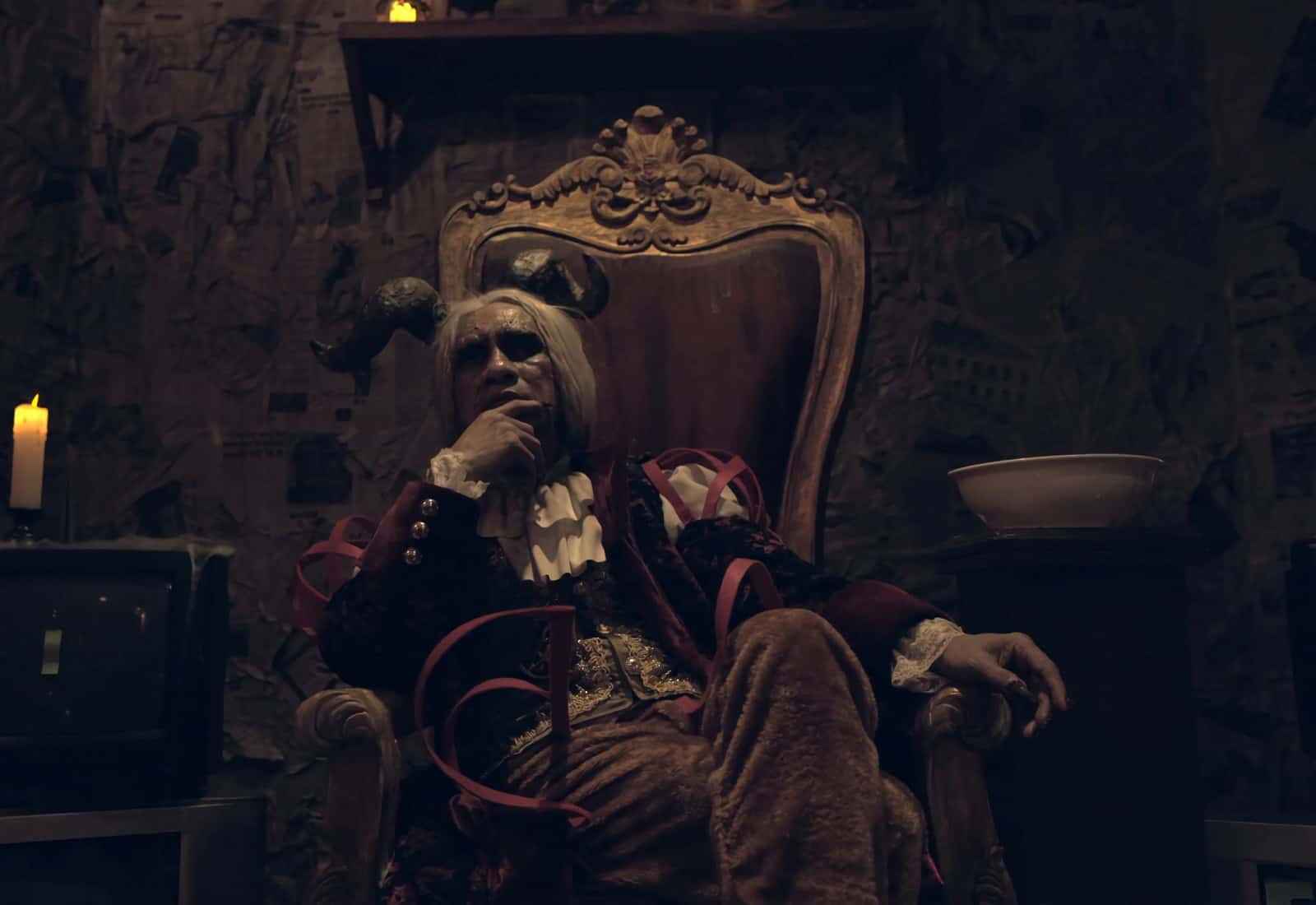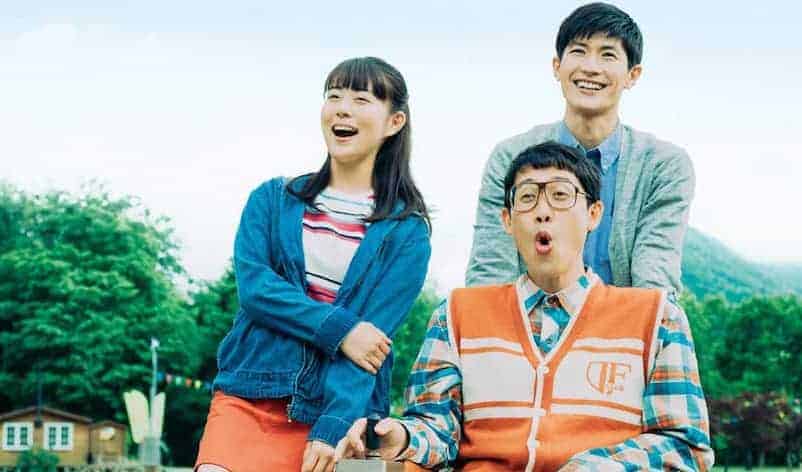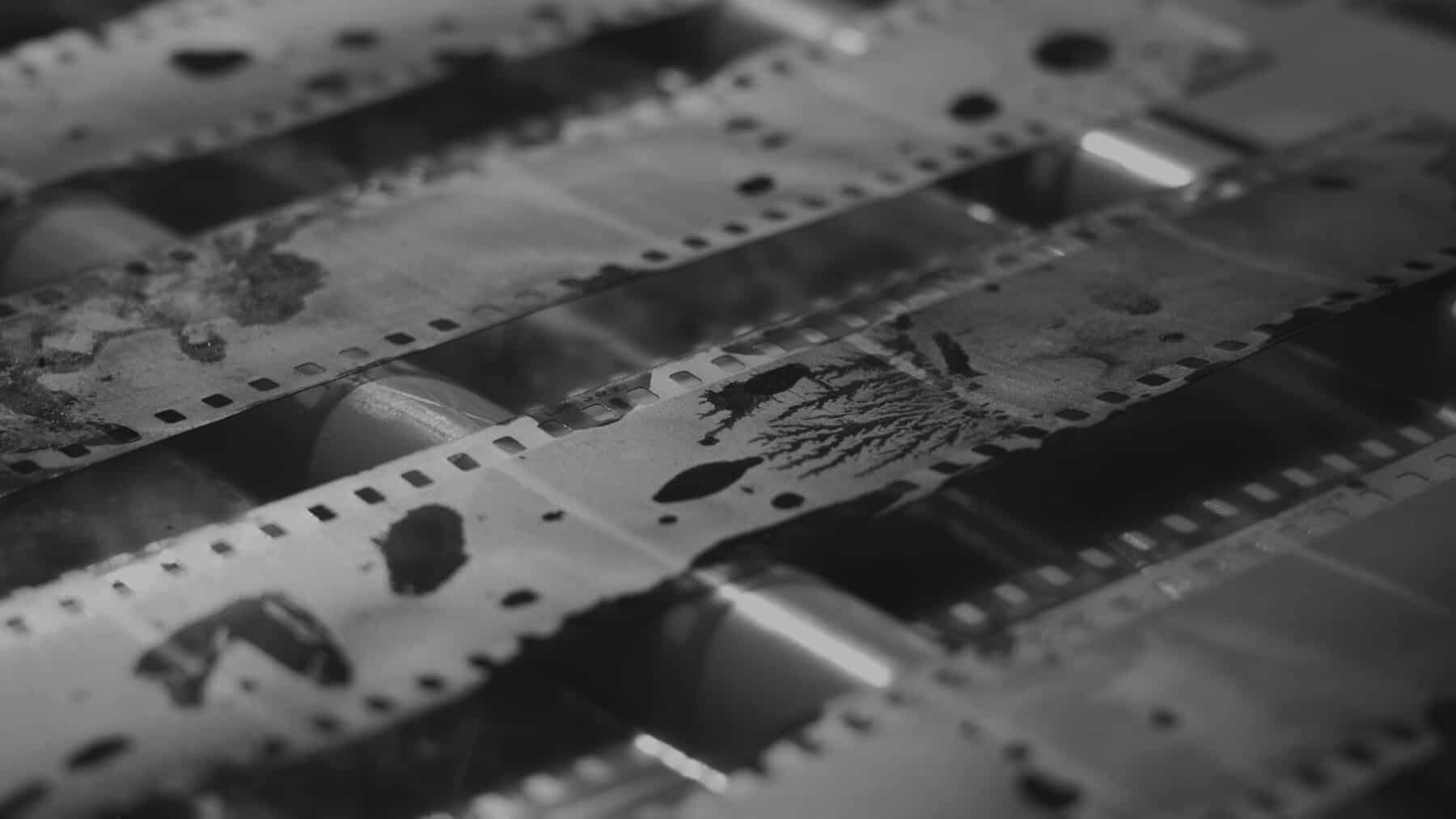By Rwita Dutta
Unni Vijayan started his journey as a filmmaker by being very expressionistic and was enamoured by the cinematic code called editing and would express everything through cuts. He edited a few films at the outset. But then he moved away from it and “Lessons in Forgetting” (2012) happened, which went on to win a National Award for Best English Film that year and eventually with this short film,”Veena and Ukulele”, he did away with most of the cinematic codes. Hence, the film does not enhance the drama nor messes with the time being captured. Having said that, let us probe deeper into what he has to offer this time.
Sociologist Dipankar Gupta has identified Indian modernity as a ‘mistaken' concept, as India is still perennially stuck in age-old tradition and western ideas of modernity. His book goes one-step further in noticing that Indians are being more westoxicated than westernized in terms of being truly progressive. From Gupta's critical view on modernity, all recent works of social sciences aim towards proving that India is still caught up in the labyrinth of tradition vs. modernity dilemma. Keeping this ambivalence in mind, this short film takes us in a visual journey into the lives of two anonymous characters, two households within an apartment building where two electricians are seen to be working to fix a bulb. The shot is allegorical and heavily loaded with meanings. Apparently, an ardent admirer of slow cinema, the director, with the much intended soft camera movements and proper usage of incandescent light builds up the intricacies of the characters. In one household, placed in the right hand side, a teenager, wearing traditional attire (worn in Southern India, mostly) comes to take lessons from her teacher (who remains invisible throughout, only the voice commands) and occasionally mentions Varnams and Gamakams, associated with eastern classical music.
At the same time, in the very next apartment, the incessant conversations between a weary mother and her teenage daughter reveal the other side of burgeoning Indian middle class stuck in the globalized world economy and culture, with the limitless urge towards consumerism and emerging rhetoric of material expectations. In the other space, the traditional girl plays on Veena which represents rigidity, hierarchy and also the ubiquitous presence of tradition amidst all. The curious juxtaposition of two distinctive worldviews essentially creates a whirlpool of new aspirations, hard to reconcile, at times, but is an inevitable experience. The persistent playing of the string instrument over the conversations going on between two generations: (between a traditional mother and modern child) and their occasional breaking into their mother tongue (reminder of their regional existence within the national/global), the mother's continuous anxiety of her girl-child's safety invokes the fear and desperation associated with the fast moving unsafe city.
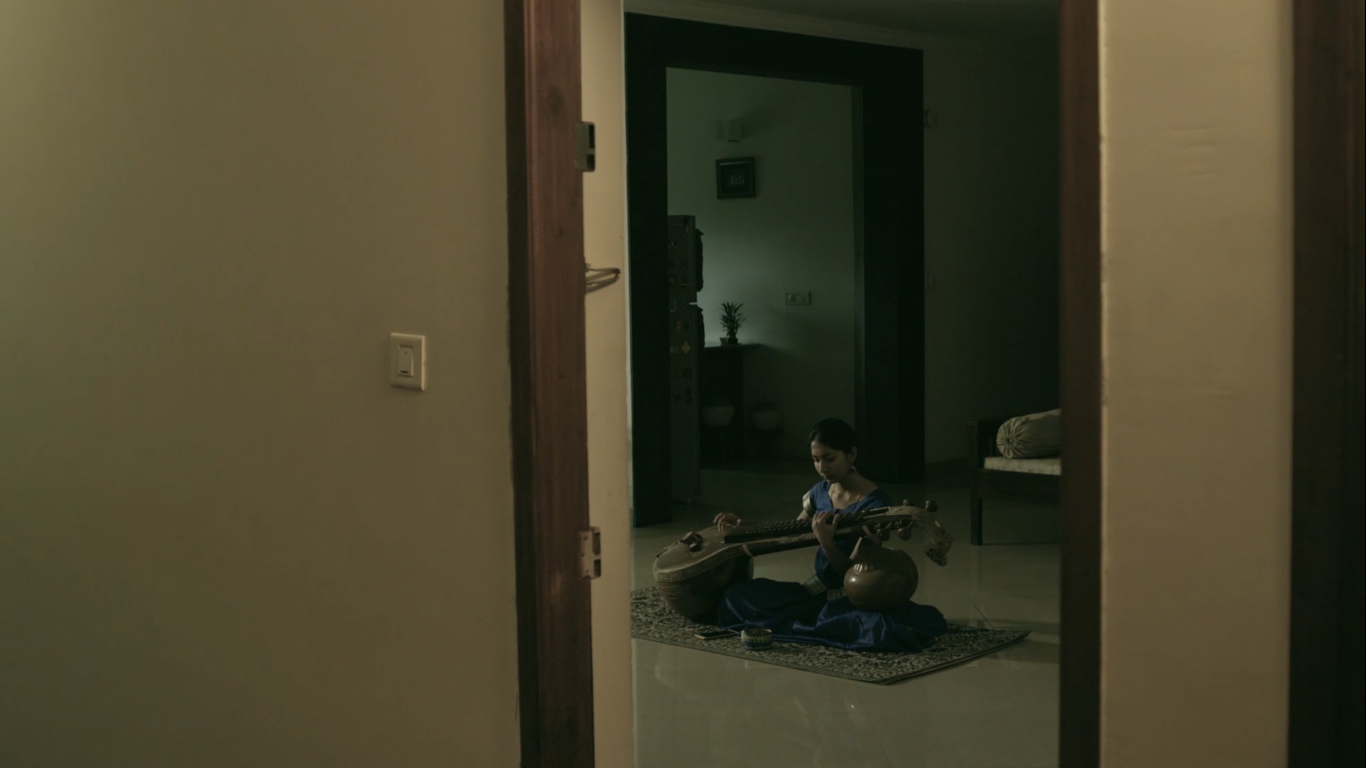
Nevertheless, the girl tries to step out in shorts but in very subtle ways she is unable to, not getting a response from her father and the jibes from her mother. She tries to cajole and reason and even throw a tantrum, but she does not get her way. She finally dresses in jeans and T-shirt and she is able to leave. Then, outside, she picks up her stashed cigarettes and other things.
The very idea of analysing critically or perhaps cinematically the tradition/modernity dichotomy is in itself a remarkable idea. Moreover, expressing that via two instruments broadly belonging to the same genre is extremely unusual. Meanwhile, the girl comes out of the flat, goes somewhere and the camera looks at the unrepaired bulb. The veena plays on creating a kind of overwhelming magical moment within the film. The title appears, and then the camera takes us to a gathering of young crowd symbolic of a modern (westernized) India where the girls smoke and are merry, with their high heel confidence. And the same girl, playing veena a while ago, is seen playing ukulele jovially with likeminded friends encircling her, enjoying the music with bonhomie. One girl is rebellious while the other girl is docile but finally both meet in a space which is only for women and they do what they want to, smoke and play an unassuming instrument like a ukulele.
Ukulele is the Hawaiian adaptation of the Portuguese machete, which was later popularised by American music culture, especially by jazz musicians. It is an inexpensive, affordable musical instrument that is mostly played by amateur players, later used and adopted by popular musicians. Since the 1990's, ukulele is practiced everywhere and is extremely popular among youngsters.
Veena, on the other hand, is one of the oldest musical instruments originated in India, has references in Vedic writings, played by Goddess Saraswati, who is incidentally celebrated as the Goddess of Knowledge and Wisdom. It needs real dedication to be able to play this perfectly. Veena represents rigidity, hierarchy while ukulele represents liberation.
Both the absent characters with their voices being present represent the omnipresence of the invisible authoritative figures. The Father and the Teacher both control the dynamics from which both the girls eventually try to escape and create a space of their own.
The girls with short pants, stilettos, find their own space and enjoy their cigarettes and the song of Vance Joy: Riptide, (extremely commensurate to the final mood of the film) which goes on playing at the end, along with the title card, revealing the quintessence of this amazing short film.
I was scared of dentists and the dark
I was scared of pretty girls and starting conversations
Oh, all my friends are turning green
You're the magician's assistant in their dreams
Oh
Oh and they come unstuck
Lady, running down to the riptide
Taken away to the dark side
I wanna be your left hand man
I love you when you're singing that song and
I got a lump in my throat 'cause
You're gonna sing the words wrong
Is this movie that I think you'll like
This guy decides to quit his job and heads to New York City
This cowboy's running from himself
And she's been living on the highest shelf
This film, in a nutshell, speaks a lot about the two Indias within the hegemonic dominance of one often discarding the very heterogeneity of the other.



